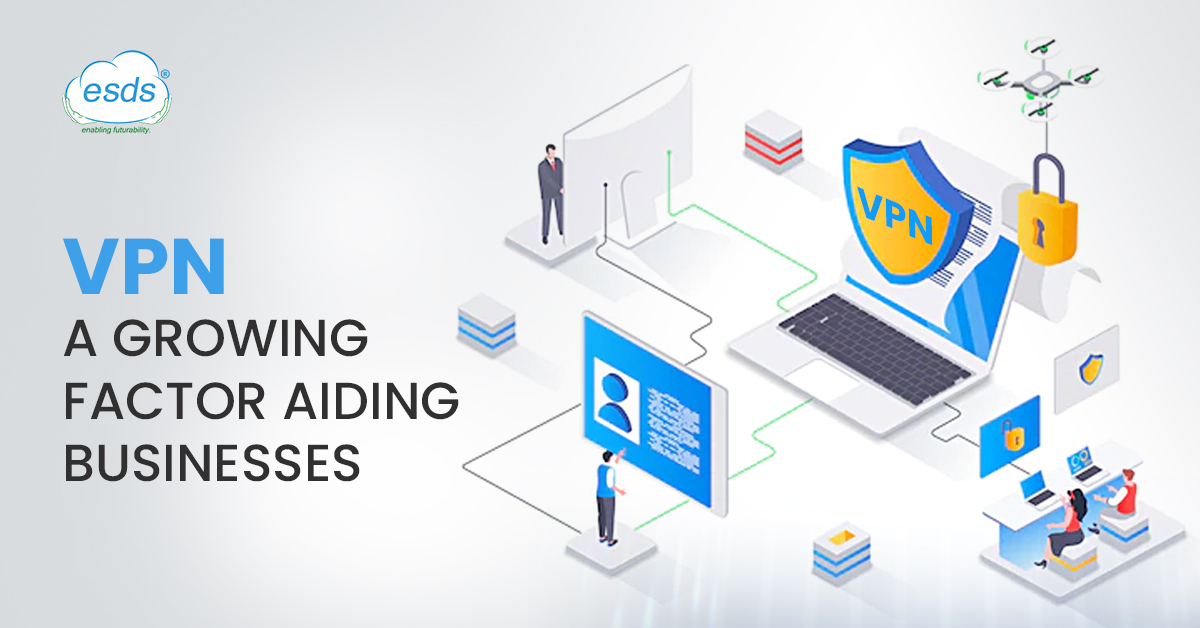
With a combination of hardware and software capabilities, vast amounts of real-time data can now be encrypted and decrypted (relatively) quickly, as well as the ever-present and hazardous presence of the Internet for consumers and businesses, are among the factors responsible for this development. The globe today spends an increasing amount of time, connected to the Internet, increasing the risk of security breaches such as hacking into corporate databases, stealing your private, personal information, or listening in on live conversations and emails.
The use of virtual private networks (VPNs) for unblocking websites and protecting online privacy seems to have become a universal trend nowadays. But how do virtual private networks (VPNs) work and what are they for? Internet security has become synonymous with VPNs (virtual private networks). VPNs help you keep access to your passwords and sensitive information secure by routing your Internet traffic through a secure server. Apart from unblocking prohibited content, VPNs can also help you browse the internet anonymously and torrent in safety.
A VPN, on the other hand, is more than just connecting to a remote server. Continue reading to discover more about virtual private networks (VPNs), how they function, and what to look for when selecting a VPN service.

No comments:
Post a Comment